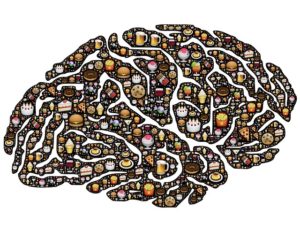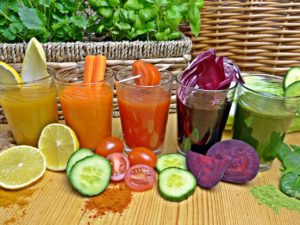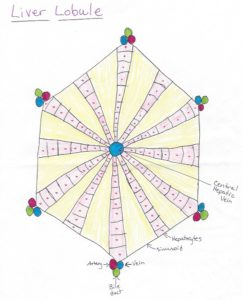Sugar for Brains [Show Notes]

Sugar Basics
Sugar in your blood = glucose
Your body prefers glucose over any other sugar out there.
-ose = sugar suffix
GlucOSE
FructOSE – fruit sugar
SucrOSE – table sugar
SucralOSE – Splenda
Your body can turn any of these other sugars in to glucose. It can actually turn other carbohydrates, and even non-sugar molecules into glucose if it really needs to. This all happens in your liver…
If you were in a long-term starvation or malnutrition situation, your body would circulate non-glucose energy sources to try to get energy, since the process of making glucose can be relatively slow. This is because your body would prefer to live than die.
Brain Food
The brain is a picky eater, and refuses to utilize non-glucose sources of energy. This is because your brain works A LOT! And it doesn’t have time to use inefficient sources of energy. Therefore, it will hog the glucose from the rest of your body.
Your skeletal muscles use glucose to do work. This is why people with diabetes have to be extra cautious when they exercise.
Extra glucose gets saved for those times when you’re not eating. It gets put in a really long chain called glycogen. But getting the glucose back from the glycogen can be relatively slow.
Recovering from an episode of low blood sugar takes time and requires rest (so you’re not burning through the fuel as fast as you replenish it). But it can also be emotionally stressful because you may be required to eat “unhealthy” amounts of sugary or carb-heavy foods to get back to normal.
Energy Production
Glucose has a very complex metabolism cycle – the Krebs cycle.
One intermediate is glucose-6-phosphate (G6P) – there is a genetic mutation where a protein for this step doesn’t do it’s job very well. If this step gets delayed or clogged up, then there is a detour metabolism step that leads to triglyceride production, when then leads to fat storage. *womp womp* (note: triglycerides are useful in the right amounts for cell repair) This is also why eating large amounts of sugary plus fatty foods can lead to quick weight gain.
The end result of this cycle is Adenosine Triphosphate (ATP). It is super energetic when a phosphate piece is removed. It’s like the body’s dynamite. This is how a sugar high works – all the sugar leads to all the dynamite exploding at once, but then it takes a while for it to get replenished, and that’s why you crash after a sugar-high.
Low Blood Sugar is Bad
To immediately recover from low blood sugar, you need simple sugar (orange juice, regular soda, sugar-full hard candy, glucose tabs or paste or gel). To continue to recover, you need carbs plus something that will help it not absorb so fast (i.e. protein, healthy fats).
If you ever look at the underside of your tongue, you can see the blood vessels really clearly because they’re really close to the surface. So if someone is unconscious due to low blood sugar, you can use a glucose tablet or gel under their tongue and it will absorb into the blood stream. This is also how you can absorb sugar quickly from sugar-full gum.
Low blood sugar can lead to emotional fluctuations (aka crabby and grouchy) and short-term memory loss (and not just because you passed out).
Connect with me
Support us on Patreon
*NEW* Join the Pharmacist Answers Podcast Community on Facebook
Subscribe: iTunes, Stitcher, GooglePlay, TuneIn Radio
Music Credits: “Radio Martini” Kevin MacLeod (incompetech.com) Licensed under Creative Commons: By Attribution 3.0 http://creativecommons.org/licenses/by/3.0/


